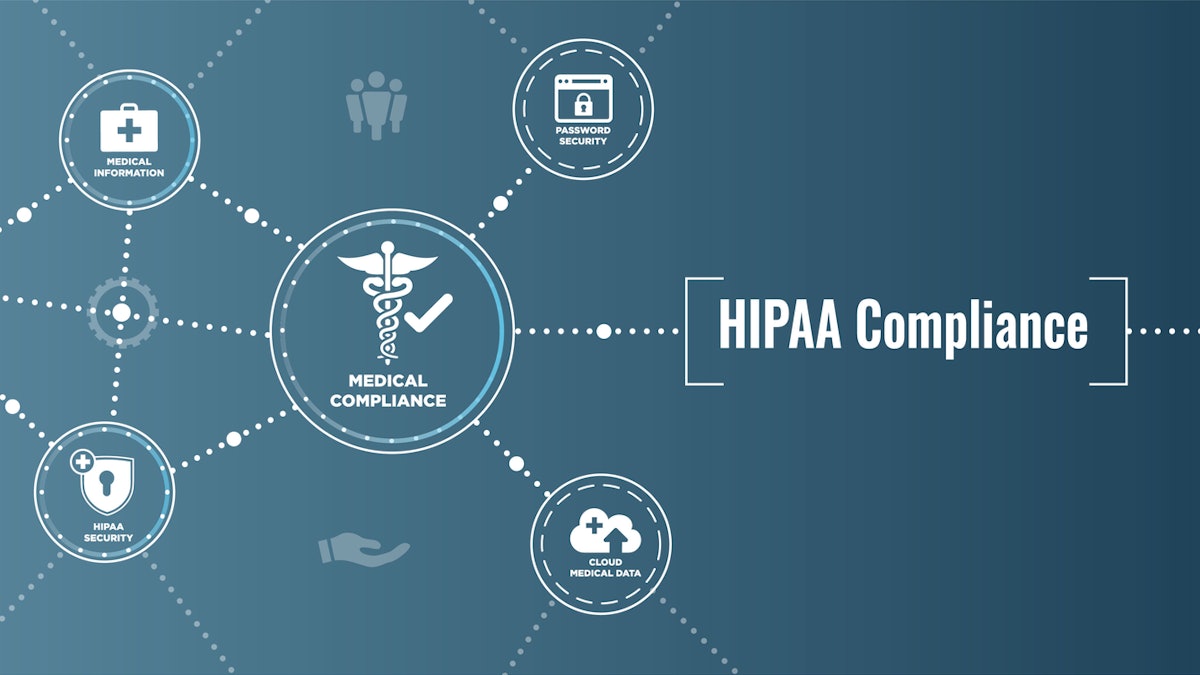In the current age of digital technology, the security of sensitive data is now a top concern for organizations across all industries. Health Insurance Portability and Accountability Act, or HIPAA is a law which provides guidelines to healthcare professionals on how to handle, storing, handling and securing protected health information. HIPAA compliance is essential for healthcare organizations to safeguard privacy and avoid penalties, as well as maintain a positive reputation.

HIPAA law applies to health providers and plans as well as healthcare clearinghouses. Additionally, it covers business associates who are covered by HIPAA. PHI includes any information that could be used as a means of identifying an individual. This includes addresses, names, card details and social security numbers. PHI is extremely important on the black market due to its potential for use in fraud involving identity.
The HIPAA privacy rule provides guidelines for the use and disclosure PHI. The covered entities are required to implement policies and procedures to protect the confidentiality, integrity and accessibility of electronic personal health information (ePHI). These policies and procedures must cover access controls, security incident procedures, security awareness training as well as other security measures. The covered entities must limit their use and disclosures of PHI to only what is required to accomplish the purpose that they are utilized or disclosed.
The HIPAA Security Rule stipulates that covered entities must ensure the confidentiality, integrity, and accessibility of ePHI by using reasonable and appropriate administrative, physical and technical safeguards. These safeguards include audit control, integrity checks, encryption security plans, and contingency plans. These entities are also required to perform periodic assessments of risk to determine potential vulnerabilities and take steps to mitigate the risks.
The HIPAA Breach Notification Rule requires covered organizations to notify affected people as well as the Secretary of Health and Human Services, and, in some instances, the media, in the incident of a breach of PHI that is unsecure. The Privacy Rule defines a breach to be the acquiring, use or disclosure of PHI which is not allowed under the Privacy Rules, which interferes with privacy or security. To determine whether PHI may have been compromised and the risk of harm resulting due to a breach organizations must conduct an evaluation of risk.
HIPAA compliance requires continuous training and education of employees to ensure they understand the obligations they have to fulfill regarding privacy and security. The covered entities also have to undertake regular risk assessments in order to discover vulnerabilities and take mitigation measures. These include the implementation of security controls, encryption of ePHI and establishing contingency plans in the case of a security breach.
The advancement of technology has had an enormous impact on nearly all aspects of our lives including healthcare. Electronic health records have proved revolutionary in allowing healthcare professionals to store and manage the patient’s information in a seamless manner. However it has also created serious cybersecurity risks, which makes strict compliance with HIPAA guidelines crucial. The information of patients must always be kept safe. HIPAA is never more vital than it is now, in light of the constant risk of cyberattacks on healthcare organizations. HIPAA helps ensure the security and privacy of information about patients, making patients feel more confident in healthcare providers.
HIPAA compliance allows healthcare institutions to ensure privacy of patients while maintaining the trust of their patients. Failure to adhere to HIPAA regulations could result in significant fines, legal action as well as reputational damage. Office for Civil Rights of the Department of Health and Human Services is responsible for enforcement of HIPAA regulations and can investigate complaints and conduct compliance reviews.
HIPAA Compliance is Essential for Healthcare Organizations to Secure Patient Privacy in the Digital Age. The regulations outlined by HIPAA define precise guidelines for managing, storage, handling, and safeguarding of health information that is protected. Health care institutions must have established policies and procedures to ensure compliance with HIPAA regulations. They must be conducting regular risk assessments and educate and train their employees. As a result healthcare facilities can preserve the trust of their patients and avoid legal action.
For more information, click why is hipaa important